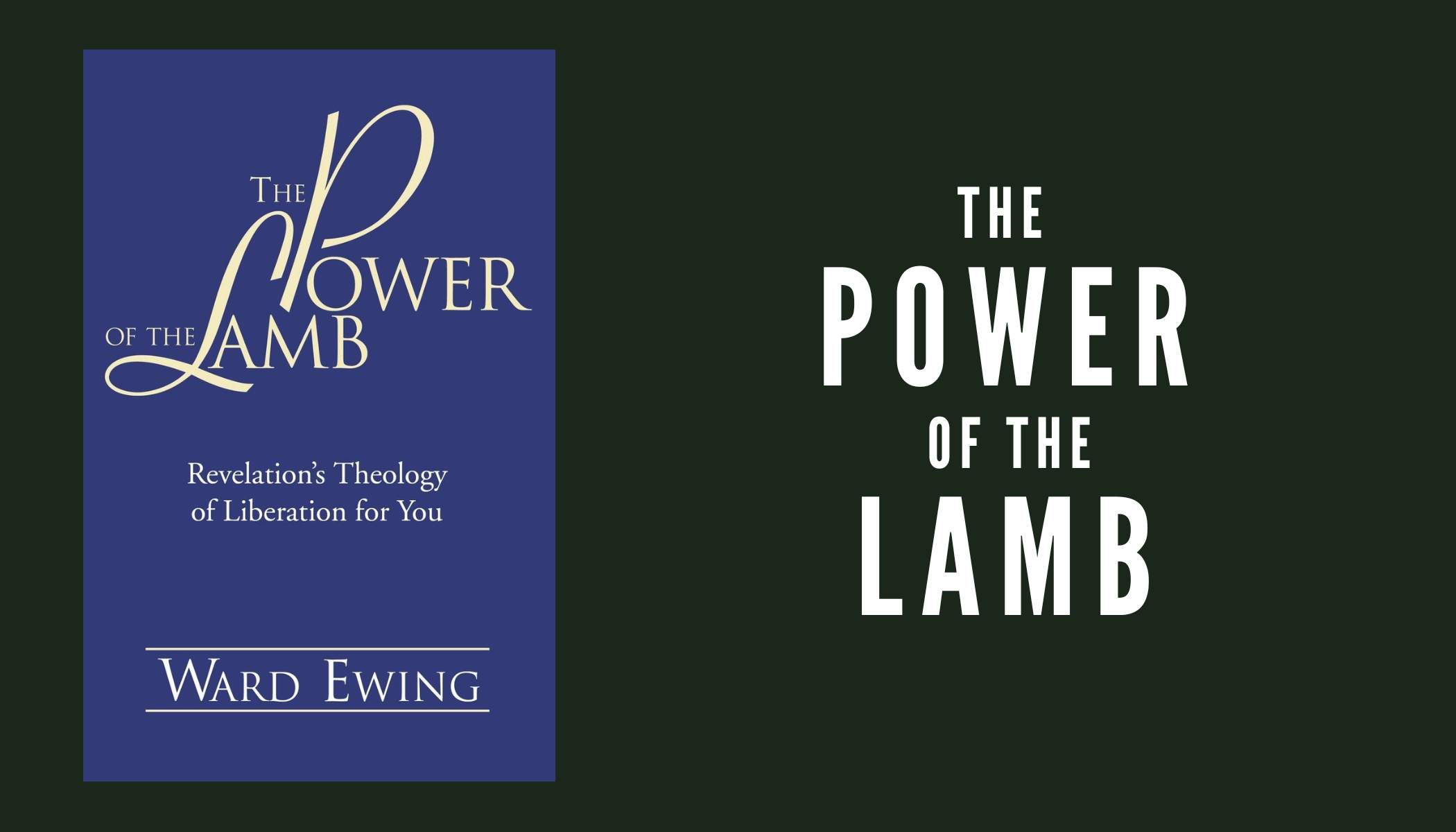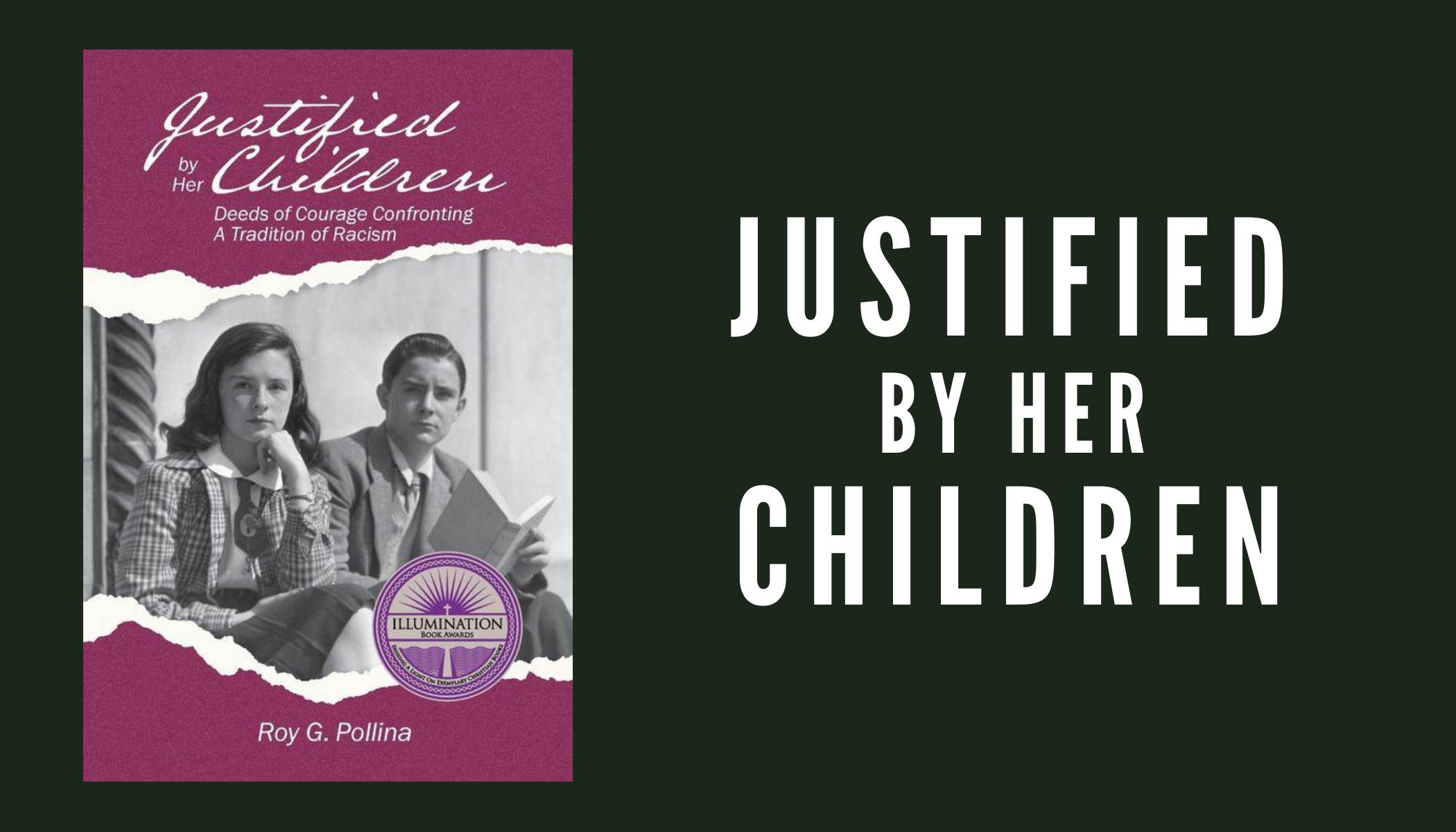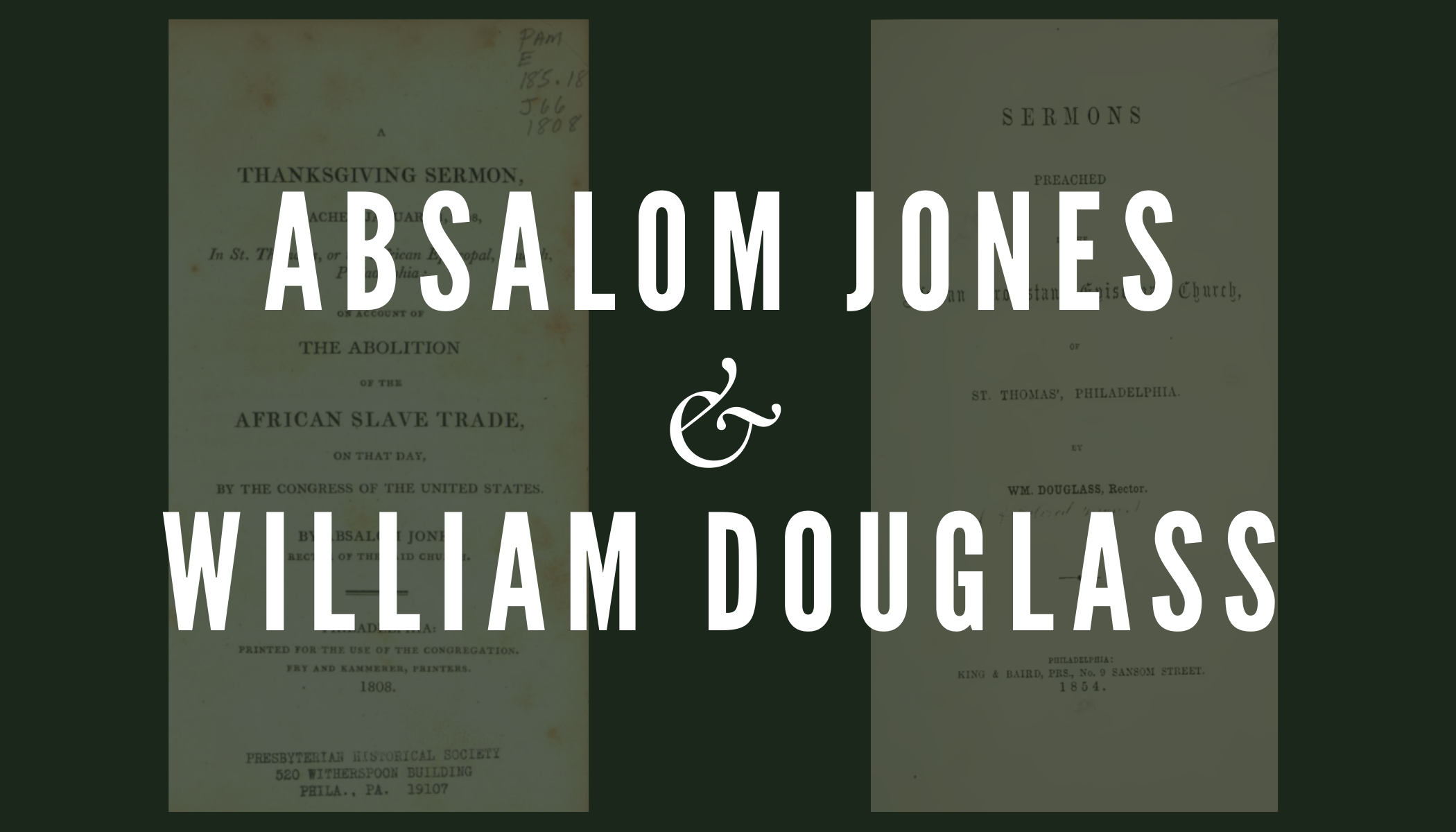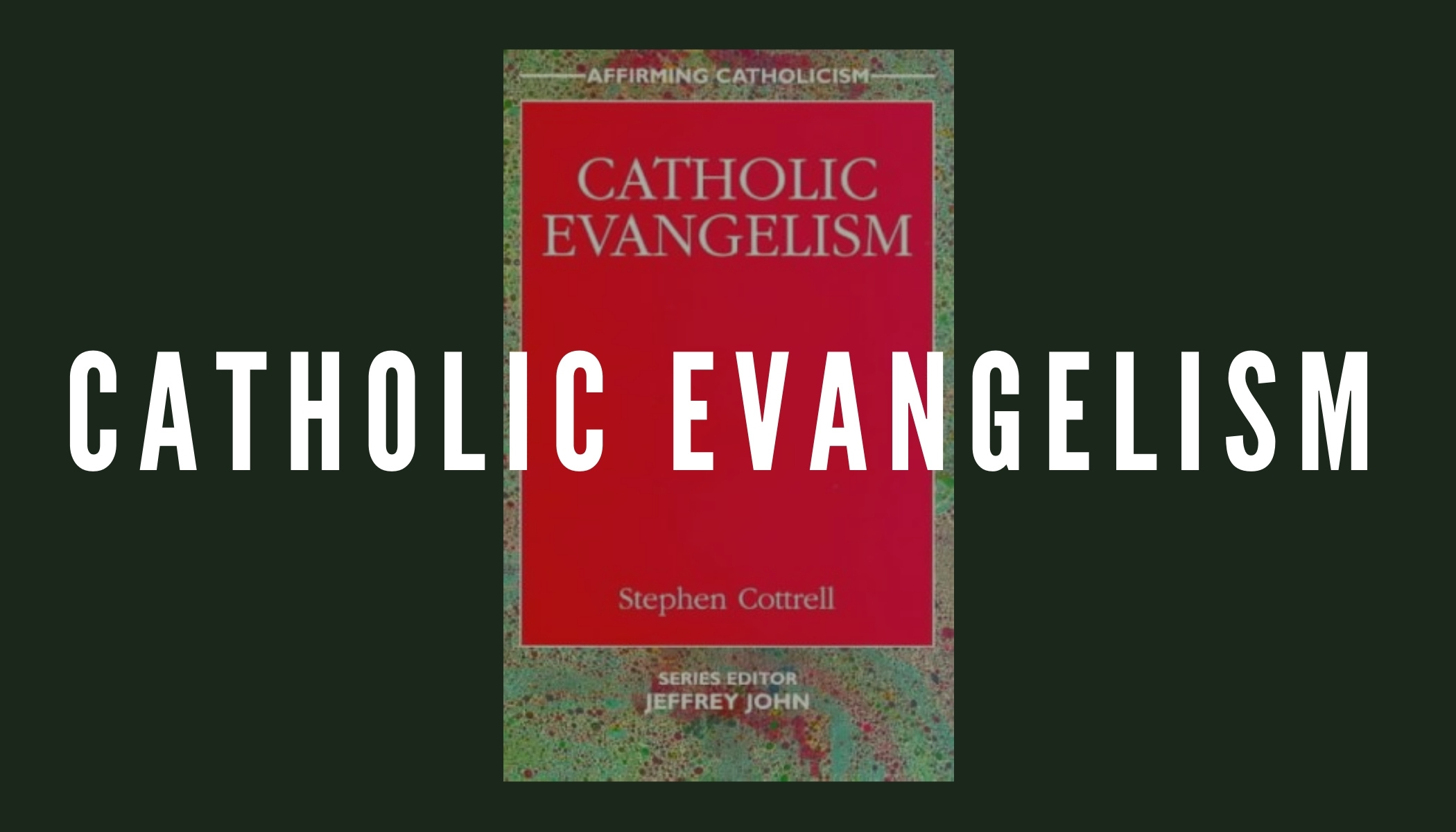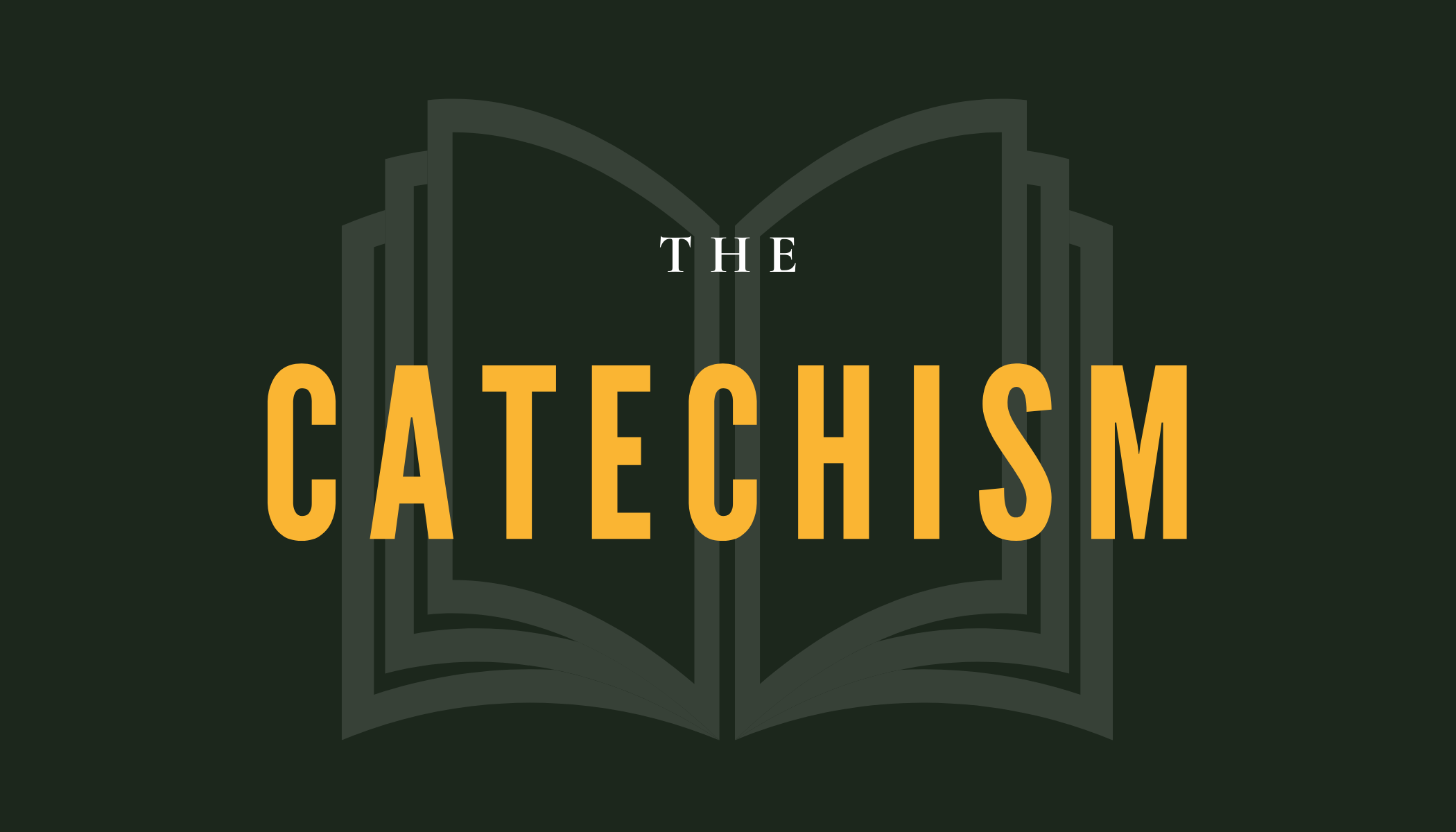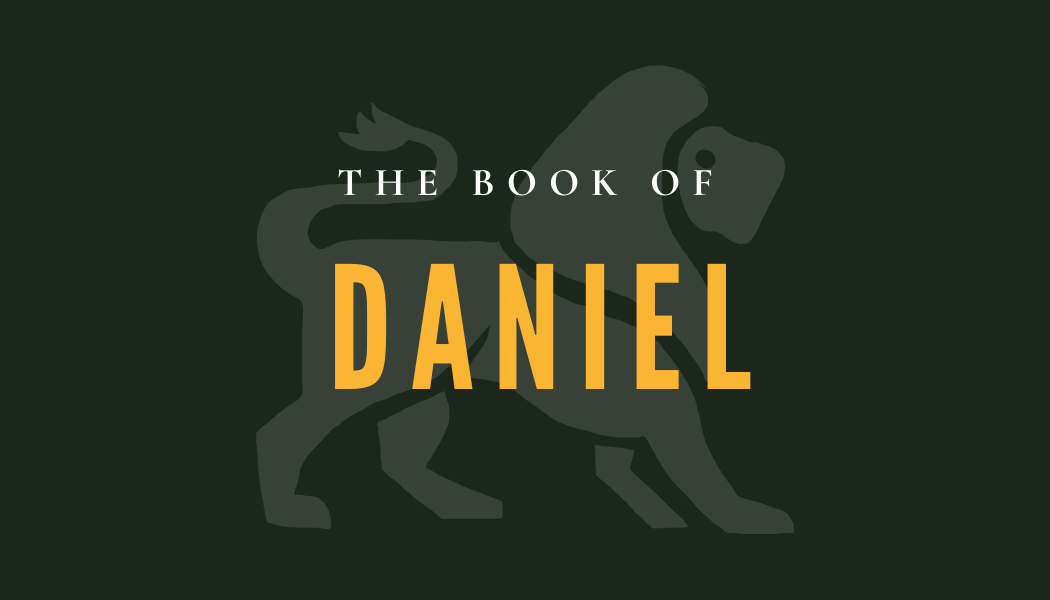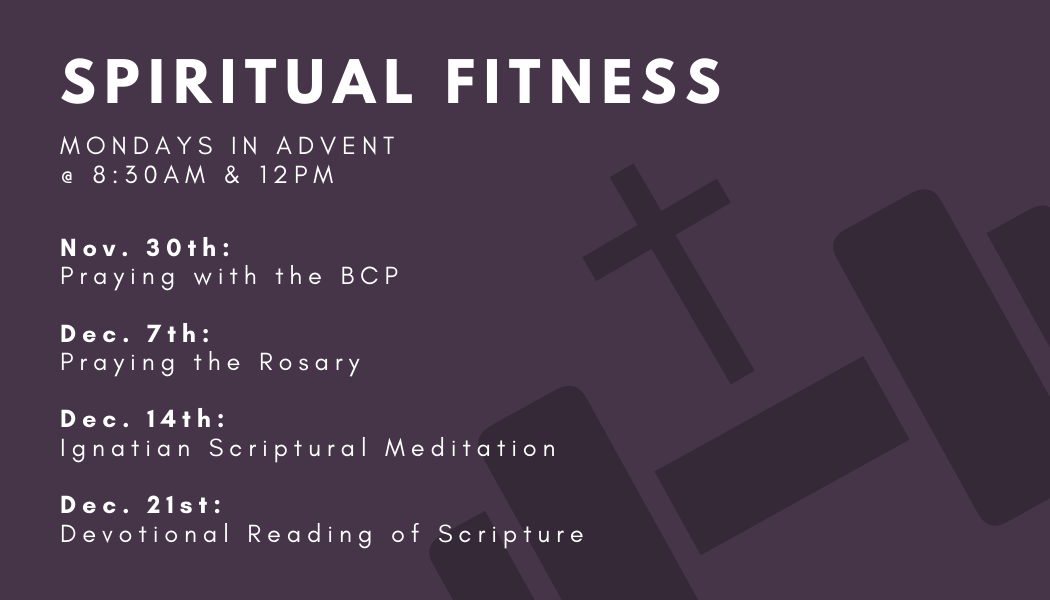We are looking forward to regathering this upcoming Sunday after our break for Holy Week. We will be meeting on Zoom as well as in Fox Hall. Hopefully, the technology will cooperate enough for us to be able to come together in person and online.
In the upcoming weeks we will read Justified by Her Children: Deeds of Courage Confronting a Tradition of Racism by Roy G. Pollina. The book chronicles the journey of Christ Episcopal Church in Martinsville, Virginia as its priest and people clashed over racism in their town and in larger society.
Apr. 24th: For our first week, we will have a short reading to get us oriented to the larger work of the book. Please read the Introduction and Chapter 1 up to page 11. We will pick up the speed next week.
May 1st: This week, we will review Chapters 2 and 3. In these chapters we will learn a bit of background about Christ Episcopal Church in Martinsville, Virginia, about Fr. Pollina’s arrival as rector there, and about the beginnings of the story of a young rector who was there in the late 1950s who helped that parish negotiate issues that were affecting that church and the nation.
May 8th: We will be focusing on chapters 4 and 5, and reflecting on some of the history of Christ Episcopal Church in Martinsville, Virginia, the central setting for the book’s story, as well as the evidences of the cultural racism that existed there and in our nation as the book’s story begins in the late 1950s. Our grateful thanks are extended to Fr. Pollina for joining us in last week’s session.
May 15th: The discussion in this week’s Christ Church Adult Ed session will focus on chapters 6 and 7. As we review those chapters we will consider the preparations made for welcoming their new rector by Christ Episcopal Church in Martinsville, paying particular attention to the activities of Rev. Philip Gresham’s first Sunday there. We will also review some of the early relationship of the Episcopal Church to African-American parishes. These settings provide much interesting and provocative material for our discussion, both as historical events and as examples for our lives as we deal with many of these same issues today.
May 22nd: Our discussion in this week’s Adult Ed session will cover chapters 8 and 9. In these chapters we get a view of the beginnings of the compelling story at the heart of Fr. Pollina’s book. We learn of the actions taken at the annual meeting of the Diocese of Southwest Virginia to address the recent ruling by the U. S. Supreme Court that segregation in public schools was illegal, as well as the decision for the diocese to establish a Diocesan Camp and Conference Center while back in Martinsville the popularity of the new young rector is increasing among the youth of Martinsville and along the local public speaking circuit. You will surely want to be a part of our 9:15 Sunday morning discussion as we delve into the historical implications for 1950’s Christ Episcopal Church in Martinsville and into the lessons that offer continued value in current day East Tennessee.
May 29th: Our morning conversation will consider Chapters 10 and 11. We will hear of the background and training of one of the book’s main characters, Bishop Marmion, as we also hear of Christ Episcopal Church Martinsville’s approach to addressing a welcome problem, greater attendance than can be accommodated by their current facilities. As in our last few meetings as we examine these elements of the 1950’s environment and culture described in the book, we will consider their relevance to our current world, and the lessons we might glean from that application.
June 5th: This Sunday’s Adult Ed session will focus on Chapters 12 and 13. In these chapters we are presented with the 1958 situation that forces Christ Episcopal Church of Martinsville and the Diocese of Southwest Virginia to directly address the ways they will deal with historic racism within the structure of the church. As the diocesan directive is presented that the new conference center will be available to all communicants of the diocese, regardless of race or color, we read of the reaction by individual parishes and of the diocese, setting the stage for compelling discussion this week, and in weeks to come as we see how the story unfolds.
June 12th: This week the discussion will focus on Chapters 14 and 15, where we learn of some of the background of the members of the Christ Episcopal Church, Martinsville’s youth group and of two key vestry members. At our meeting, as we reflect on how these descriptions of some key participants in this story of a parish’s attempts to navigate issues of racism in 1958, we will also consider our own current-day related challenges.
June 19th: In this week’s session we will discuss chapters 16 and 17. In the first of these chapters, we consider the implications of two key decisions by the 1959 youth group of Christ Episcopal Church Martinsville where they counter the position on integration expressed by the parish’s adult lay leadership. Then we further examine the continuing reactions of the Diocese of Southwest Virginia, while noting the many applications of these issues to our current environment.
June 26th: This week the Sunday morning discussion will review chapters 18 and 19. Among the questions that emerge from those chapters’ depiction of the attempts by Christ Episcopal Church in Martinsville to navigate racial issues in 1959 Virginia is the question of how gender intersects with race in those struggles. Additionally, we will consider the implications of the chapters’ described evidences of general parish effects of Fr. Gresham’s support of the bishop’s efforts to integrate the diocesan conference center.
July 3rd: This week our discussion will focus on Chapters 20 and 21. After reviewing the physical and symbolic description of the crozier to be gifted to the bishop of Southwest Virginia by the parish youth group, we read how Christ Episcopal Church Martinsville’s struggles with integration in 1959 Virginia as evidenced by a crucial vestry meeting. Please consider being a part of our conversation about the implications for the spiritual lives of the characters described by Fr. Polina’s book and the corresponding implications to our lives more than sixty years later.
July 10th: This week we will review Chapters 22 and 23. In our discussion of this material, we will consider the actions taken by the vestry of Christ Episcopal Church, Martinsville in response to the sudden resignation of their rector, with the foremost of those considerations being an assessment of the appropriateness of those actions. As has been the case throughout our discussion of Fr. Pollina’s compelling book, we will also note the continued 2022 applications of this story from the 1950s and 1960s.
July 17th: The discussion this week will cover Chapters 24 and 25. In focusing on this material we will review the path taken by Fr. Philip Gresham after his 1960 resignation from the position of rector of Christ Episcopal Church, Martinsville Virginia, examining evidence of the personal struggles that ensued after having taken such a stand in protest of the racial injustices he saw being espoused by the vestry of that parish. We will also follow the further actions of the Diocese of Southwestern Virginia as they come to eventual acceptance of actions that result in the ever so gradual dissolution of the historical practices of segregation that had been in place there since the beginnings of the diocese.
July 24th: This week our discussion will focus on Chapter 26, the last chapter of Fr. Roy Pollina’s fascinating book. In this chapter, we will hear of the last elements of the story of Bishop Marmion who championed the effort in the late 1950s and early 1960s supporting racial equity in the Diocese of Southwestern Virginia as well as the story of the fate of one of the main objects of those efforts, the diocesan conference and retreat center, Hemlock Haven. As we have done throughout this well told story, we will also reflect on the still occurring 2022 applications of these same struggles for equality for all.
Sunday mornings at 9:15, we meet in Fox Hall, or you can access our meeting online by any of the following methods:
1. Click here – https://zoom.us/j/91297837526
Or
2. Go to Zoom.us, click “Join Meeting” & enter Meeting ID: 912 9783 7526
Or
3. On your cell, call (312) 626-6799 and enter Meeting ID 912 9783 7526#
